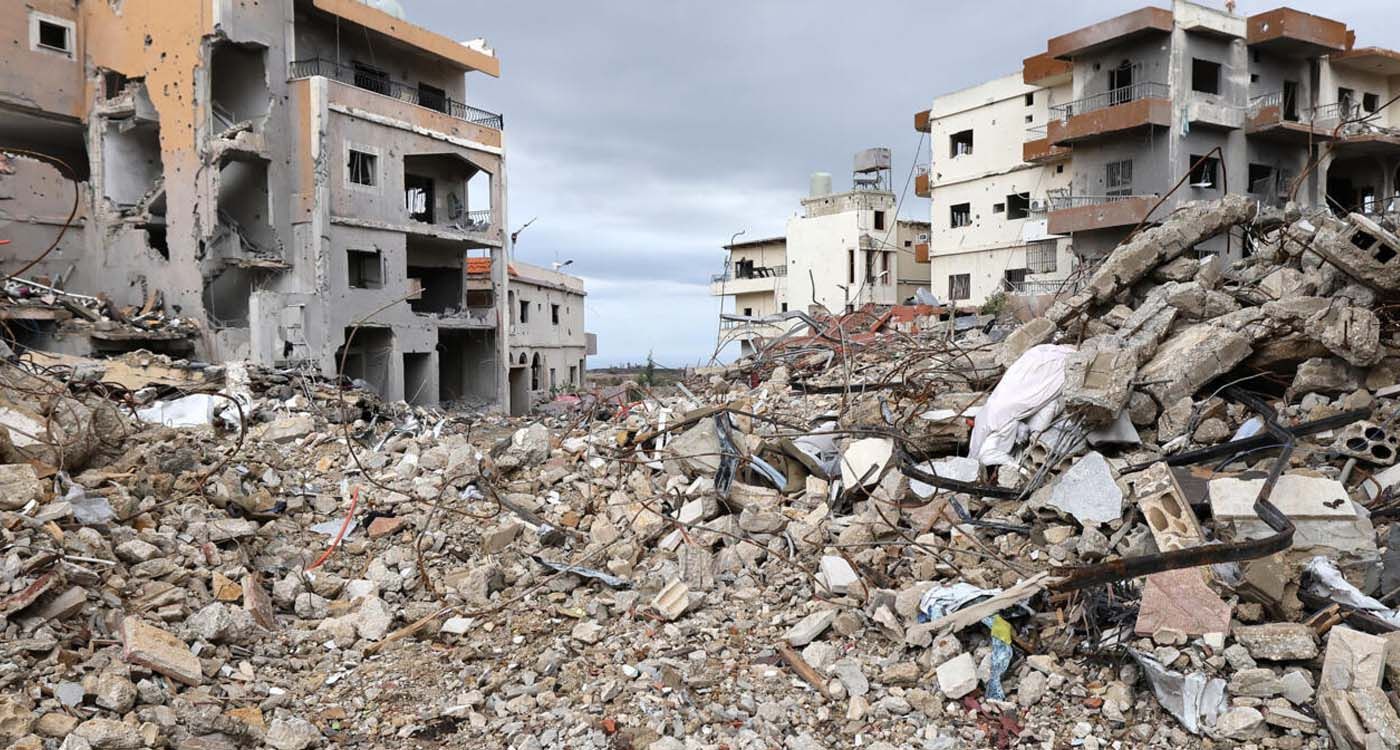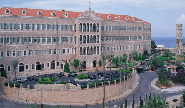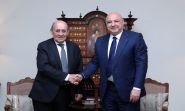
The deadline for the 60-day ceasefire agreement, established on November 27, 2024, is about to expire. However, diplomatic sources suggest that the truce may be extended, as the ceasefire has not yet tackled the root causes fueling the conflict between Hezbollah and Israel.
Lebanon remains a key geopolitical flash point as Hezbollah and Israel continue to exchange threats. The situation along the border remains volatile, with Israeli forces violating the ceasefire agreement.
As Lebanon takes steps toward recovery, following the election of Joseph Aoun as President and the designation of Nawaf Salam as Prime Minister, the country cannot afford to return to open conflict. Yet, tensions remain high on the ground.
“We are not ruling out the possibility of extending the ceasefire once the 60 days expire,” says a diplomatic source to This is Beirut. “This situation may persist for several months until the full implementation of the agreement's terms,” adds the source.
Factors and Obstacles to a Potential Ceasefire Extension
Several factors strongly support the idea of extending the ceasefire. One of the key factors is growing international pressure, particularly from major powers such as the United States and France, which are increasingly invested in ensuring long-term stability in Lebanon. They see an extension of the ceasefire as a way to maintain an equilibrium while awaiting more enduring political solutions. According to diplomatic sources, these solutions may involve renewed discussions that include all relevant stakeholders.
On the ground, the Lebanese Army has not yet completed its deployment south of the Litani River, and Hezbollah's military infrastructure in the region has not been fully dismantled.
Socially, extending the ceasefire would provide crucial relief to a population worn down by years of violence, displacement and shortages. It would also help limit further destruction and facilitate the delivery of international aid.
However, several challenges could hinder a potential ceasefire extension. Hezbollah, who is determined to preserve its arsenal at any cost, may resist any agreement without security assurances and acknowledgment of its interests.
On the other hand, Israel may be opposed to prolonging the ceasefire if security conditions along its borders remain uncertain.
Since the beginning of the conflict, Israeli authorities have emphasized the need to secure long-term security, particularly regarding potential Hezbollah attacks originating from Lebanon.
At this stage, the prospect of extending the ceasefire in Lebanon appears to be a pragmatic compromise, driven by the need to maintain stability in a highly volatile region. This stability remains fragile and is heavily influenced by the shifting regional power dynamics and Lebanon's internal political developments.
If an extension is to be considered, its successful implementation will require delicate compromises and a renewed diplomatic commitment to ensure both Lebanon's security and lasting peace in the region.




Comments